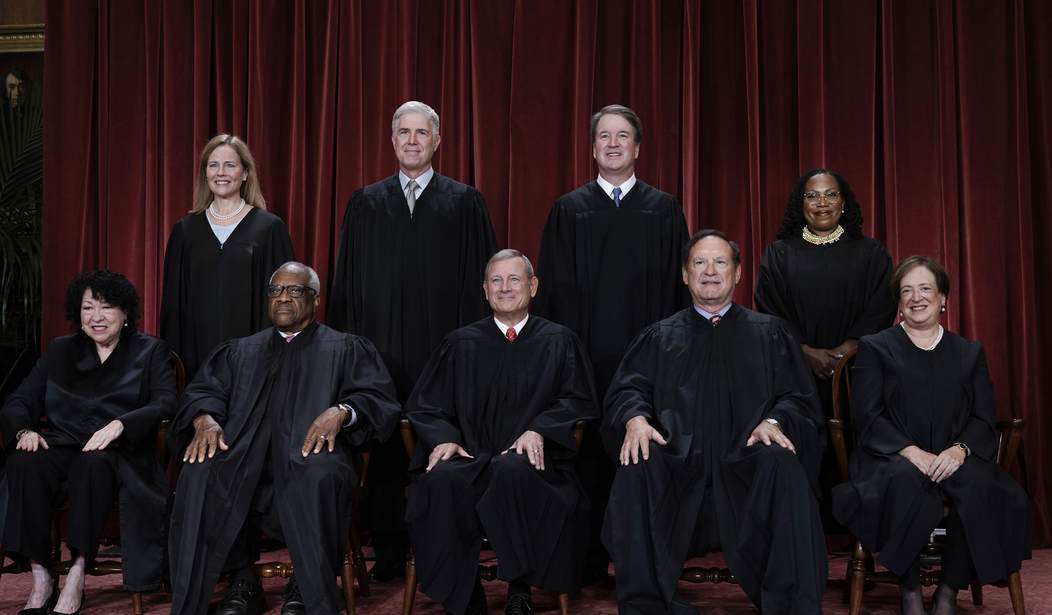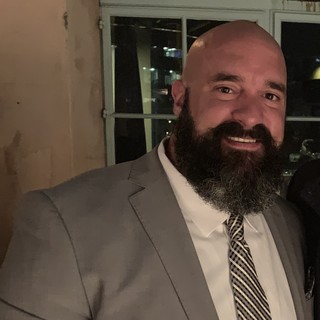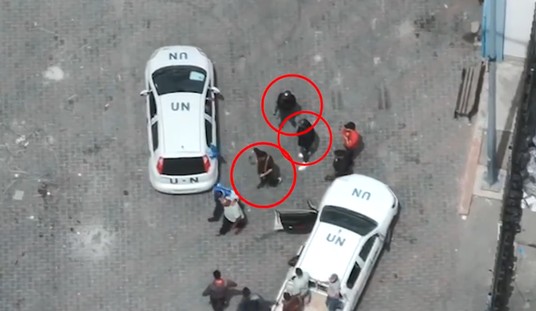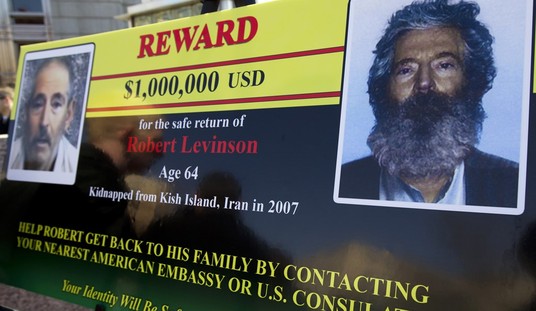On Wednesday, the Supreme Court agreed to hear the appeal brought by a man charged with obstructing an official proceeding relating to the events at the Capitol on January 6th, 2021. The plaintiff in this case, Joseph Fischer, petitioned the Supreme Court to hear his case and asked for a dismissal of the "obstructing an official proceeding" charge as it related to the certification of the election, which declared Joe Biden the winner.
At the heart of the Fischer v. U.S case is 18 U.S.C. 1512(c)(2), which makes it a crime to "corruptly...otherwise obstructs, influences, or impedes any official proceeding[...]." If convicted, the penalty is up to 20 years in federal prison. The Department of Justice has charged over 300 people under that section, including former President Donald Trump.
The provision was enacted in 2002 as part of the Sarbanes-Oxley Act, a bill passed in the aftermath of the Enron accounting scandal. As such, defendants say it was never intended to apply to an incident such as Jan. 6.
Trump's lawyers have already made that argument in asking for his indictment to be dismissed.
The case, which will be heard in the coming months, will have major implications for several individuals charged under the statute, but especially in Trump's criminal cases, namely, the election interference case brought forward by Special Counsel Jack Smith. If the Supreme Court agrees with the plaintiff in this case, Mr. Fischer and several other individuals could have their charges dropped, bringing their criminal proceedings to a permanent end.
As far as Trump goes, while this wouldn't be the end of all his legal woes, it would certainly alter things significantly in his favor as to the criminal case pending in the D.C. District Court. The obstruction charge in Trump's case brings up other issues, as Trump was not present on January 6th, nor did he participate in the events at the Capitol.
The Justice Department, in its arguments against the plaintiff in this case, says that regardless of how the Supreme Court feels about taking up the case, it would be too premature to rule on it, given that the defendants have yet to be convicted in their cases, let alone gone to trial.
“The government is prepared to proceed to trial and to prove beyond a reasonable doubt that petitioners corruptly obstructed, influenced, or impeded the joint session on January 6, or attempted to do so,” Solicitor General Elizabeth Prelogar wrote. She also said that a subsequent appeals court ruling in a different Jan. 6 case, which prosecutors won, has clarified the meaning of “corruptly.”
To further complicate the matter, as noted above, over 300 individuals have been charged under the same statute, with several of those individuals having already been convicted of that charge or accepted plea agreements for lesser charges. With a hypothetical decision by the Court in the plaintiff's favor, that alone would have massive implications for those individuals.
Another argument being used in the defense of Trump and the hundreds of others charged with the same crime is that the DOJ is applying the charge too broadly, with prosecutors often relying on mere statements on social media, or that the certification/electoral count is merely a ceremonial or administrative event and not an official proceeding. A former Virginia police sergeant, Thomas Robertson, who was convicted of that charge, used that defense in his case, albeit unsuccessfully.
...that Congress’ work on Jan. 6 was outside the fundamental scope of the law. “The electoral count is a ceremonial and administrative event that is not an ‘official proceeding’ contemplated in §1512; it is not an adjudicative proceeding involving witness testimony and evidence,” his lawyer wrote.
Further, the courts’ historical definition of “corruptly” – requiring an individual intentionally breaking the law in an effort to “obstruct” something – had been stretched in Robertson’s case to encompass social media posts. Robertson generally objected to the ill-defined nature of the statute as well as DOJ’s selective use of it.
“[Inconsistent] charging decisions, along with the inherently vague words in the statute … that is the basis for charging these defendants, all show that 18 U.S.C. §1512(c)(2) is unconstitutionally vague.”
The legal landscape surrounding this upcoming fight in front of the Supreme Court is heavily split, mostly along politically ideological lines, unsurprisingly. Trump-appointed Judge Gregory Katsas did not mince words when he laid into the DOJ and their interpretation of the statute.
Katsas seemed to almost mock DOJ’s retooling of a corporate fraud act to encompass unruly protests. “[Section] 1512(c)(2) …seems an unlikely candidate to extend obstruction law into new realms of political speech.” And in quoting another judge, Katsas joked that every building in Washington would be converted into a prison should DOJ’s current reading of obstruction stand.
Needless to say, the decision in Fischer v. U.S. that will eventually be handed down by the Supreme Court will be a game changer for hundreds of people, including Trump. Trump is slated to start trial in federal court on the Jack Smith indictments in March. In all likelihood, that trial would be finished before the General Election, with Trump possibly having been convicted. That would mark the first time in American history that a presidential candidate from a major political party would be a freshly convicted felon.
The Court has not yet set a date for the hearing, but the case will be heard and decided in this current nine-month session.














Join the conversation as a VIP Member